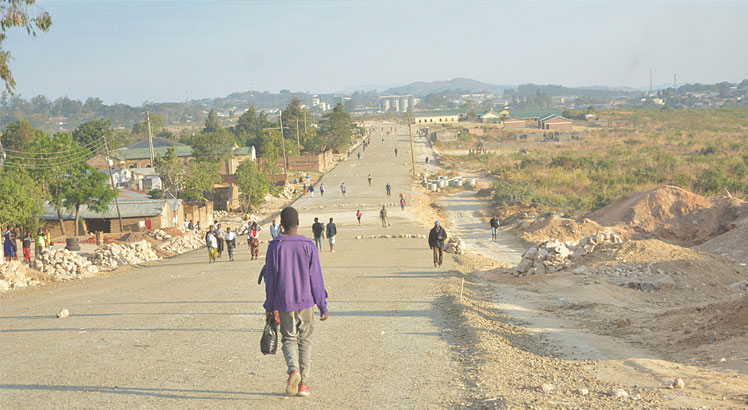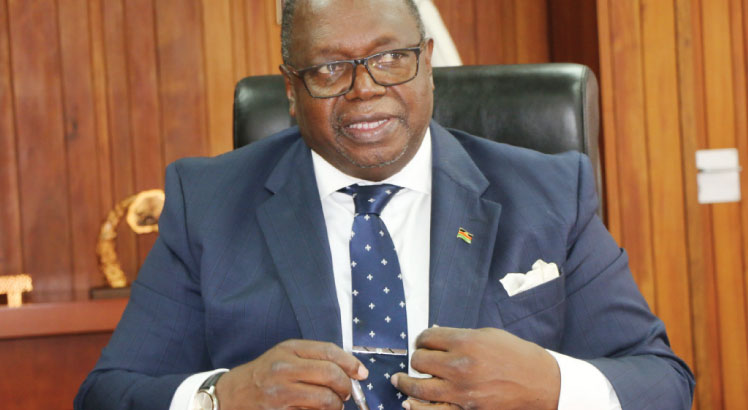The African Development Bank (AfDB) has cast doubt on Malawi’s progression to become a middle-income country and meet most of the Sustainable Development Goals (SDGs) by 2030 due to an array of constraints.
In a Country Diagnostic Note (CDN), AfDB cites low economic growth, slow structural transformation, widening fiscal balances, debt distress, foreign exchange shortages, slow financial sector growth, unsuccessful industrialisation strategies and poor infrastructure as some of the constraints.
good road network such as this one can spur growth in other sectors
The CDN also explores Malawi Government’s aspirations and the current trajectory in the implementation of the first 10-year Malawi Implementation Plan (MIP-1) of Malawi 2063 (MW 2063), the country’s long-term development strategy.
It reads: “Government prioritises agricultural commercialisation as part of the economic growth agenda, yet broader constraints related to infrastructure such as energy, transport and irrigation provisions interfere in efficiency.
“Although the agriculture sector has benefited from subsidies, the efficiency of such initiatives to transform the economy has been limited by degraded soil quality, water constraints, lack of mechanisation, and, in recent years, climate change.”
It also said transport costs are among the highest in Africa at $10 per metric tonne per kilometre, noting rural roads are poor and unsafe, with an estimated 19 percent of the country’s roads in need of urgent rehabilitation, causing spill-over effects in the agricultural value chains.
With the agricultural sector accounting for 76 percent of employment, the CDN has said Malawi has a comparative advantage in labour-intensive industries such as manufacturing, making industrialisation an engine for sustainable growth.
Industrialisation is listed as integral to the MIP-1 and AfDB noted that manufacturing value-added and industrialisation have stagnated, averaging nine and 16.4 percent, respectively. The bank has since urged Malawi to deal with a series of unsuccessful industrialisation strategies.
The CDN has since suggested continued rehabilitation and construction of rail and maritime transport to help boost both domestic and regional trade, reduce logistical costs and develop energy infrastructure.
On the fiscal side, Lilongwe has been urged to practise fiscal restraint and tighten controls in the use of financial resources.
University of Malawi economist Dr Farai Chigaru agrees with the CDN analysis, saying having industrial policies that follow a country’s comparative advantage is ideal to solving economic challenges.
He said Malawi is not completely off-track because the MIP-1 also recommends other sectors that fit the country’s comparative advantage, but turning things around will require political will and government’s facilitation of right interventions.
Said Chigaru: “Malawi has to carry out a stock assessment, establish which sectors it has comparative advantage on, whether these are growing or declining sectors over time and identify sectors in which Malawi has a latent (hidden) comparative advantage.”
On his part, economist Milward Tobias said the CDN from AfDB is also presenting the effects of a problem, saying time has come for Malawi to rise to the occasion.
The economist, who has declared interest to contest in the 2025 Presidential Election, said: “Policies and laws are available, why do we not simply implement them? It’s all because of leadership”.
The post AfDB casts doubt on Malawi 2030 targets appeared first on The Nation Online.
 Moni Malawi
Moni Malawi 

